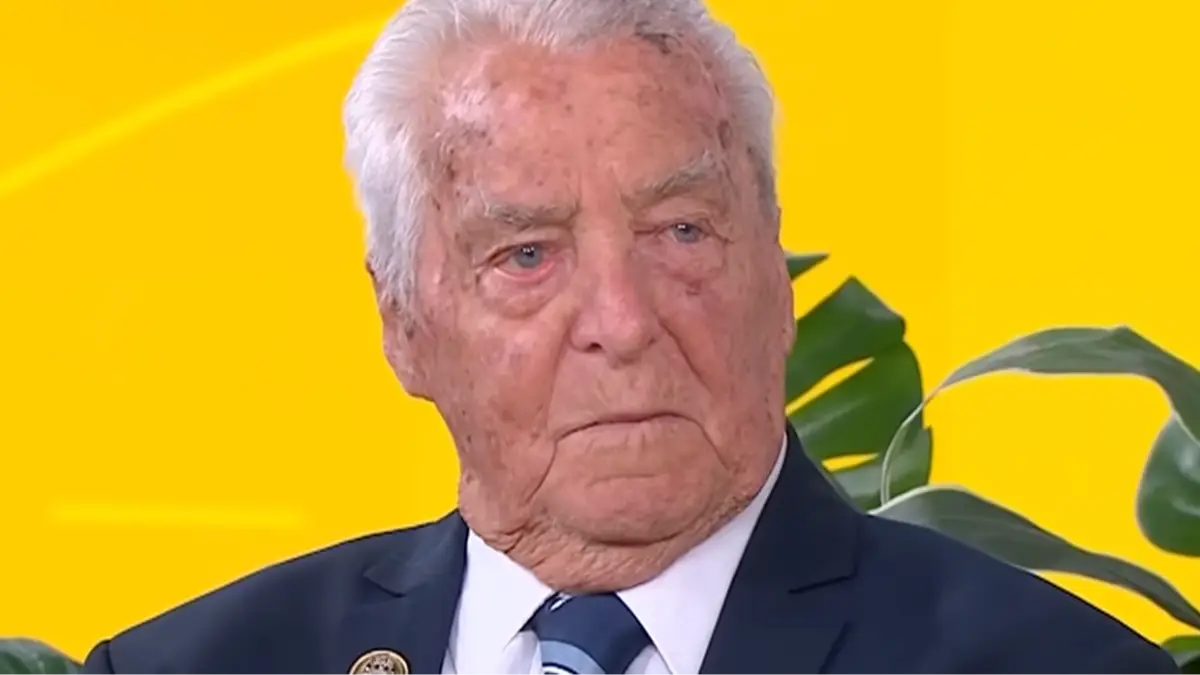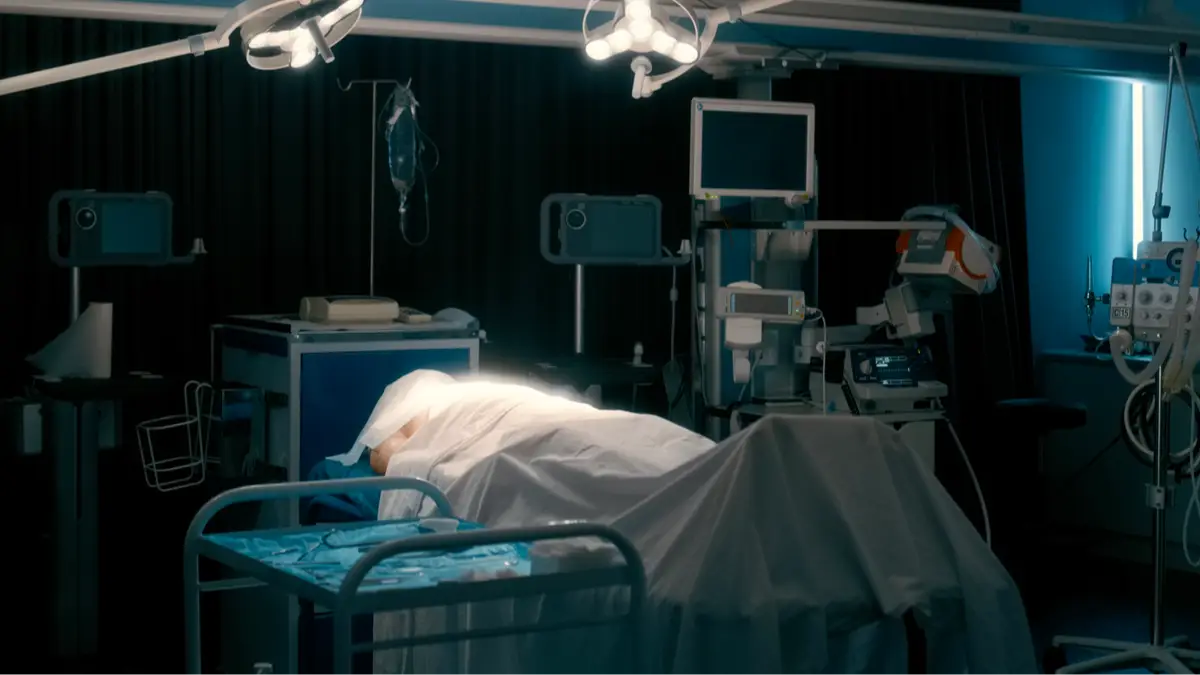
21 Feb 2026

20 Feb 2026

Aussie native Brian Barry recently celebrated his 102nd birthday
19 Feb 2026

Anna and Lucy DeCinque have been engaged to the same man for over a decade
18 Feb 2026

Tommy Graves didn't sleep for eight days after raising money for a homeless charity

The woman has vowed never to return to the US

Centenarian Luis Callo has shared his secrets to living a long life, and said there's three things everyone must do
17 Feb 2026

The coffee shop have since suspended the staff member involved

The Brit was released after expecting to spend over two years behind bars
16 Feb 2026

We all need time to switch off

Yuko Yamaguchi took over design duties for Hello Kitty in 1980
14 Feb 2026

Vic Path spreads awareness of antisocial personality disorder (APD) on TikTok
09 Feb 2026

Kit Barrus decided to leave the Mormon church when she was a teenager
06 Feb 2026

The atheist opened up on what they saw 'after death' in a post on Reddit

If you're looking to escape chatter about the Seahawks and the Patriots, I've got the superbowl page you need
05 Feb 2026

The Amazonian tribe is believed to be one of 400 in the rainforest, but they have largely been uncontacted
04 Feb 2026

We all have them but clearly we don't know everything about them
03 Feb 2026

It's a question which has people sharing a lot of strong opinions
01 Feb 2026

Angela Harris died for just over half a minute in 2015
30 Jan 2026

It might be tempting to target the sharp point jutting from your skin, but is it really worth it?
26 Jan 2026

The surrogate has carried someone else's baby on two separate occasions
24 Jan 2026

Both could face prison time
22 Jan 2026

Dr Michael Guillen, a former Harvard physics instructor, shared his astonishing new theory in an open essay
20 Jan 2026

The Reddit user revealed the condition complicated their life
16 Jan 2026

The polyamorous quad insist it's not an 'unlimited sex fest'







